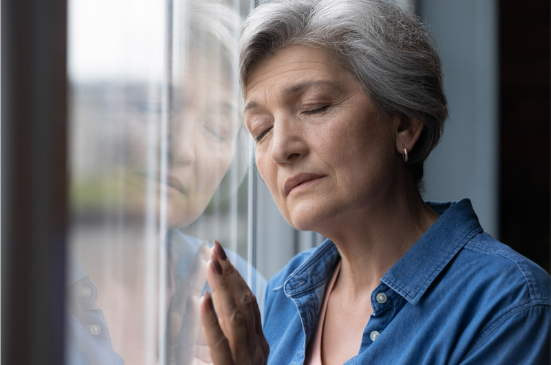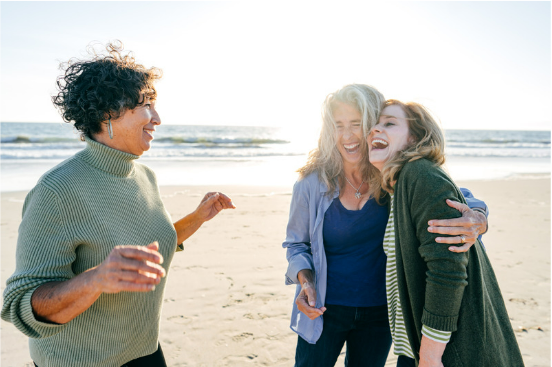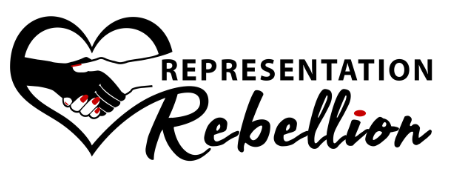
Dr. Z, why are you talking about loneliness the day after Valentine’s Day? Because V-day is a constructed celebration that encourages us to spend almost $24 billion on candy, cards, and flowers to connect to others. Yet, no amount of money is going to solve our loneliness pandemic.
Instead of spending money on “connecting” with others, why don’t we focus on finding meaningful and disruptive ways to connect to one another? Imagine a world where we listened to each other, where we saw each other.

Loneliness is no joke.
Social isolation increases a person’s risk of premature death due to high blood pressure, heart disease, obesity, a weakened immune system, depression, anxiety, and Alzheimer’s. Loneliness can result in using alcohol or drugs to deal with these feelings. Britain and Japan have identified Ministers of Loneliness after the isolation Brexit created in the U.K. and the almost 21,000 suicides in Japan in 2020. Loneliness is a global issue.
According to research, 33 percent of adults worldwide experience feelings of loneliness. Brazil had the loneliest adults (50%) and Netherlands had the least (15%). This is an underestimate. We have a lot more lonelier people than research suggests. We live in a world of othering, blaming, and fear.

CONNECTION: THE CURE TO LONELINESS
What are we going to do about loneliness?
First, collectively we need to create a place for people to feel safe to share their stories. We know communicating stories and having others listen creates empathy. Empathy is the balm of connection. Empathy stops us from othering and generates a world of “I may not have lived where you lived but I know what it feels like to [fill in the blank].”
The other part of this story is that as individuals we need to take care of our own business. We need to acknowledge our feelings, reach out to people, take up a hobby, move, take time to reflect, practice radical self-love, seek out a mental health professional, and build healthy habits. Peter Singer says, “Human beings are social animals. We were social before we were human.”
